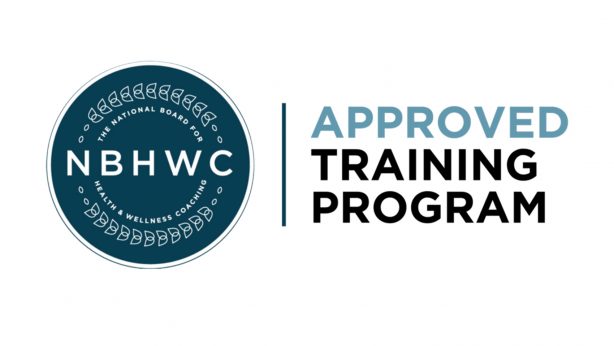
-
- The desire for health and helping others
Being enthusiastic about what you’re teaching your clients is one of the most critical health coach qualities. Does this imply that you must be completely healthy and perfect? N-O! Customers don’t want a perfect coach; they want a relatable human being. Yet, you must be dedicated to maintaining a healthy lifestyle and joyfully lead by example. When you’re passionate about something, your good energy, and excitement will rub off on everyone around you.
-
- Formal Education
Passion isn’t enough; you also need formal training to hone your health and life coaching skills. Coaches play a crucial role in assisting their customers in overcoming obstacles and problems that prevent them from making and maintaining the desired improvements. On your résumé, you’ll require official training in healthy lifestyle design, habit change facilitation, and other vital coaching abilities. There are numerous training programmes available, but be aware that they are not all created equal. Spend time researching and investing in a credible training programme that will effectively equip you to work with clients. (PS. Our Health and Wellness Coach Certification program provides a solid foundation in health and wellness coaching & business skills and is accredited by HSSC & NBHWC)
-
- Empathy
Empathy is ESSENTIAL to health and life coaches. It’s critical to bring your best self to every session as your client’s right hand on their wellness journey. Bear in mind that your clients would not have hired you if it were easy. They may have periods where they feel discouraged and want to give up. At times, they may feel proud of their accomplishments and ready to take on the world. Your job as a coach is to be a helpful, enthusiastic partner in both good and bad times. Be personable, be present, be approachable, and -above all else— be empathetic.

-
- Excellent Communication Skills
Communication is a vital skill for a wellness coach. You’ll need to build a good connection with customers and win their trust in order to coach them to get results, alter their habits for the better, and make better choices for healthy living. Your communication style is really important in this situation!
The following are five characteristics of a good health and life coach:
Non-judgmental
Listeners who are active and engaged
Respectfully inquisitive
Excellent at asking the appropriate questions at the right moments
Their communication is kind and caring.
-
- Adaptability
Adaptability is simply one of the necessary skills for health and life coaches. Being a coach necessitates adaptability and the ability to roll with the punches. During a coaching session, you may discover that something isn’t working well, or you may have a client who has to cancel their session at the last minute. While there will be occasions when you must be forceful, being easy-going, adaptable, and open will serve you well in this profession since no two days are the same!
-
- Patience
Your clients will not always complete their tasks on time. They have a tendency to regress. Everyone’s coaching journey is unique, and we all progress at our own pace. What qualities distinguish a good health and life coach? The finest coaches are patient and sensitive to their customers’ needs, and they can change gears as needed.

-
- Thinking from a Holistic Perspective
Holistic thinking, often known as “big picture mentality,” is one of many essential health coach skills you’ll need to work effectively with clients—and it’s a key focus of our 6-month training programme. An successful holistic health coach recognises that a client’s perspective and behaviours are influenced by a plethora of interconnected elements. They look at every aspect of a client’s life, from health to relationships to work and everything in between, to figure out how certain behaviours and beliefs are undermining their goals and keeping them trapped.
-
- Professionalism
Professionalism is perhaps the most crucial coaching skill. Customers should be respected for their hard work, dedication, and time. Being late for sessions, speaking impolitely, or failing to take essential activities for your client are all simple ways to destroy confidence in a coach-client relationship. Remember the Golden Rule: treat your customers the way you would like to be treated. Follow up on promised action items on time, professionally, and promptly.


